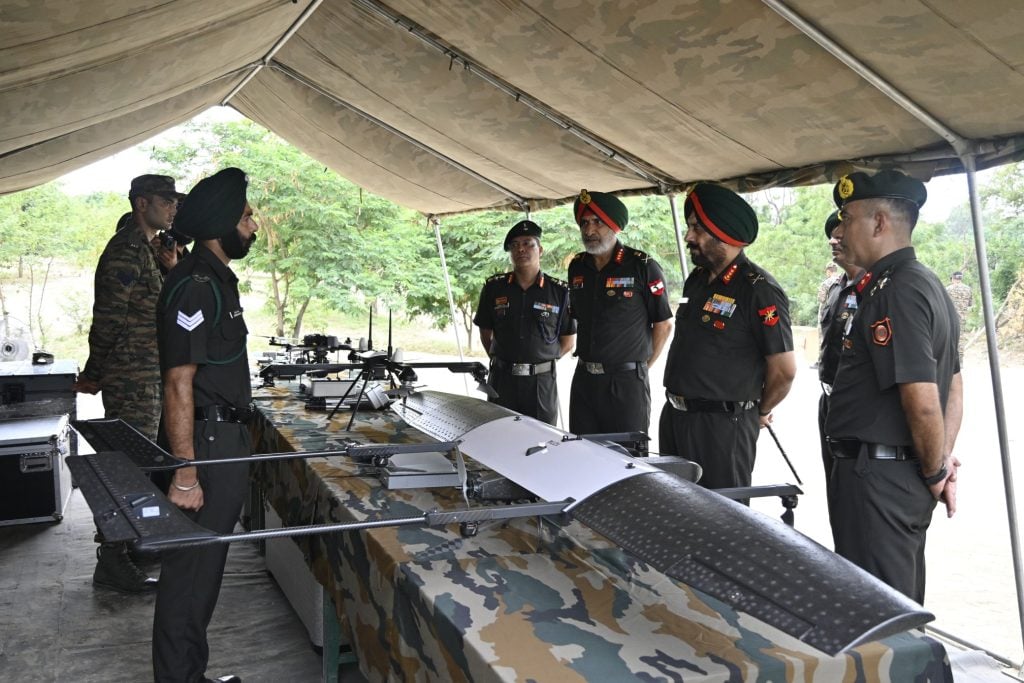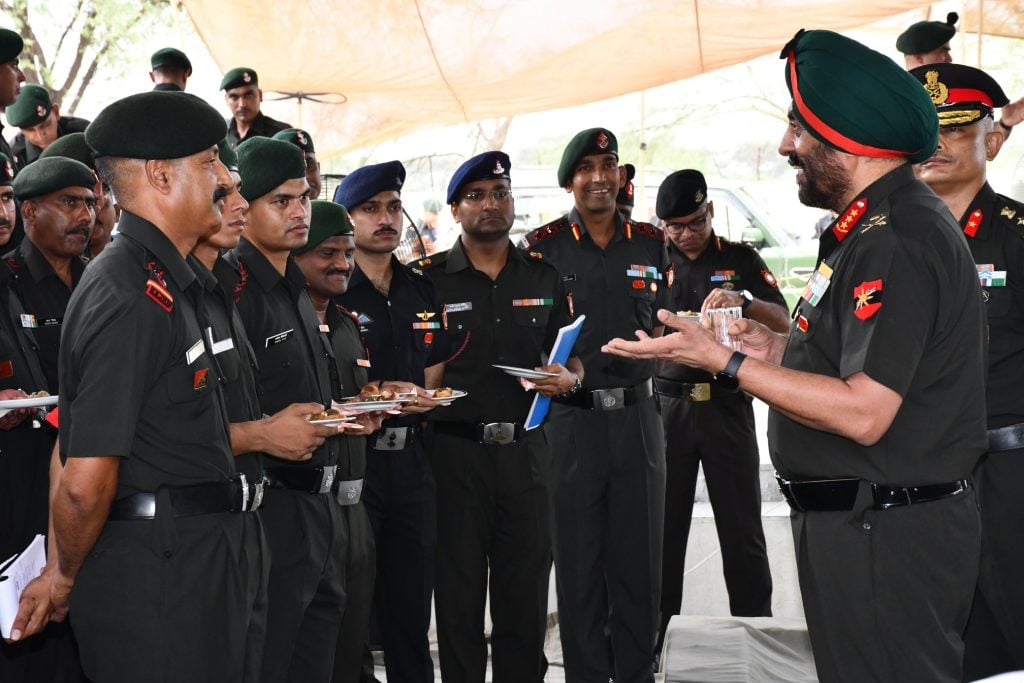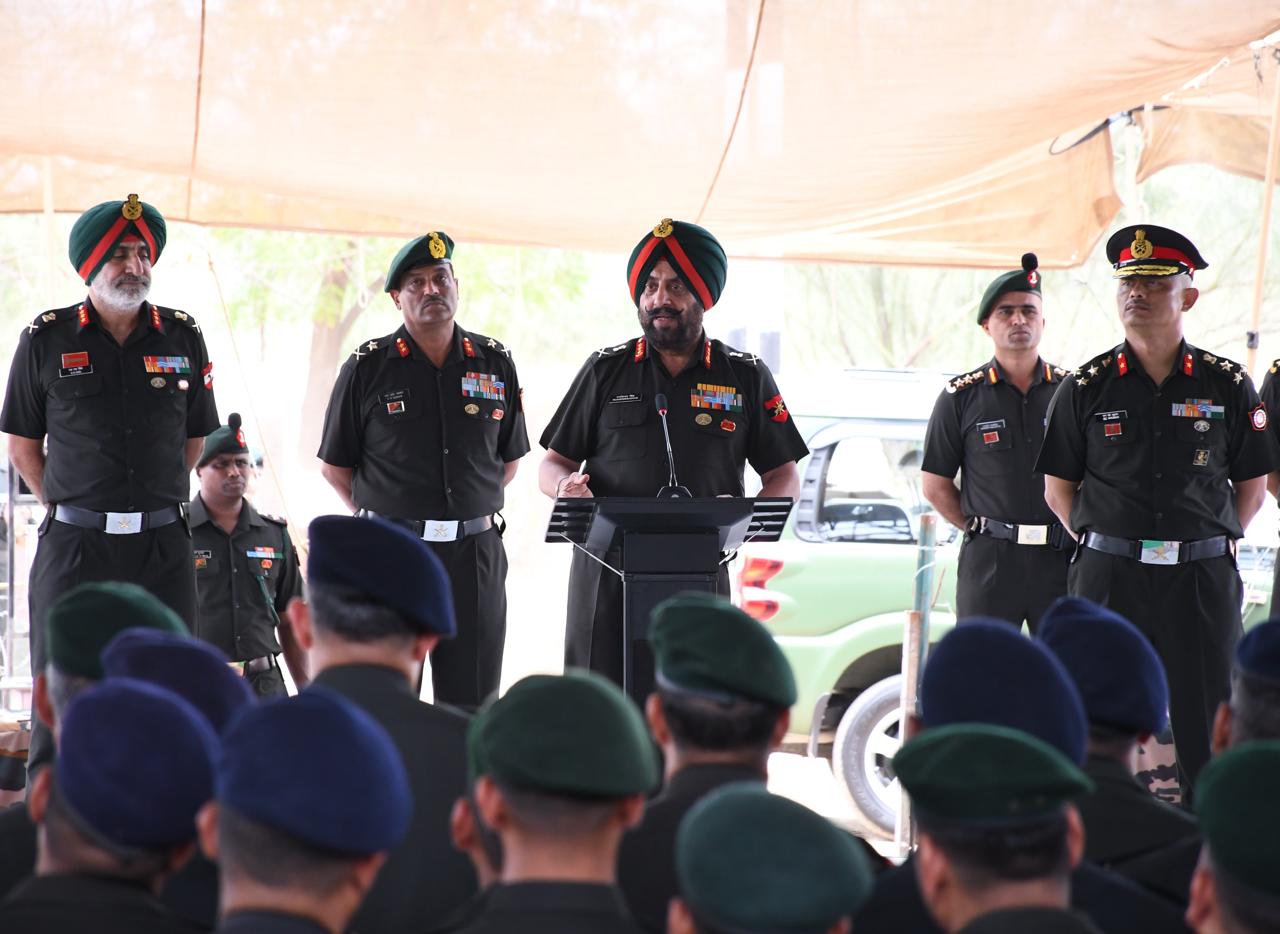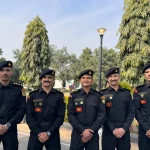Lt Gen Manjinder Singh, Army Commander of the South Western Command, carried out a detailed assessment of operational preparedness at the Fazilka and Abohar Military Stations today. The visit reflects the Indian Army’s sustained focus on enhancing defensive capabilities along the strategically sensitive India-Pakistan border.
During the inspection, Lt Gen Singh reviewed the combat readiness of formations stationed in the area. He closely observed ongoing training exercises tailored to improve operational efficiency and combat adaptability. Emphasizing professional excellence and the adoption of advanced technologies, he called upon troops to align their efforts with the Army’s Decade of Transformation (2020–2030), a modernization strategy that includes phasing out legacy platforms like the Cheetah and Chetak helicopters in favor of indigenous Light Utility Helicopters.

Commending the troops for their high morale and discipline, Lt Gen Singh praised their dedication and professionalism, which he described as crucial to upholding national security. His visit comes shortly after a region-wide mock blackout drill conducted on May 31, 2025, which was aimed at enhancing wartime preparedness and response coordination.
Military observers note that such high-level reviews help reinforce confidence, foster unit cohesion, and improve preparedness in frontier zones. Leadership interactions like these, combined with training innovations, are considered vital for maintaining operational effectiveness in volatile border areas.

As part of its broader vision of technological self-reliance and force modernization, the Indian Army continues to pursue initiatives that strengthen both capability and morale. The Sapta Shakti Command’s efforts are seen as a cornerstone in securing India’s western borders and adapting to future battlefield requirements.













